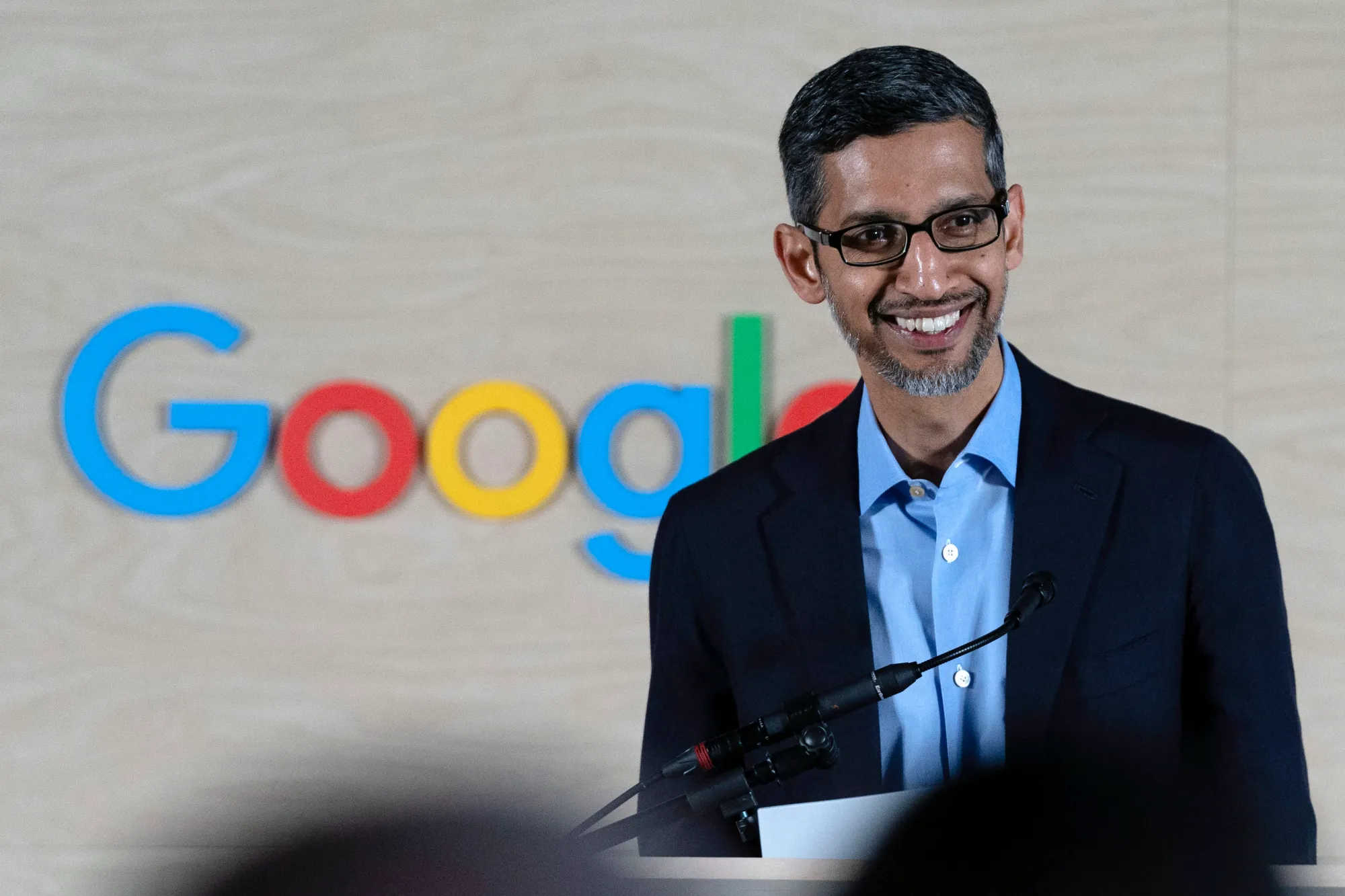Tech Giants and the True Cost of Privacy Fines
The cost of data misuse for tech giants is no longer just a hypothetical risk; it's a multi-billion-dollar reality. From record-breaking GDPR fines to unprecedented shareholder lawsuits, the question isn't if companies will pay for privacy failures, but how much, and whether current penalties truly drive systemic change. In the digital age, data is currency—an invaluable asset that fuels innovation, targeted advertising, and the very business models of the world's most powerful tech companies. Yet, the misuse of this currency, or the failure to protect it, has rapidly become a burgeoning liability. With global regulators pushing back, issuing eye-watering fines under robust laws like the General Data Protection Regulation (GDPR) and national data protection acts, a critical question arises: Are these escalating fines truly deterrents, or are they merely another predictable line item on a tech giant's balance sheet? Questions around how penalties are calculated and whether they reflect the true cost of violating user trust continue to shape both regulatory debate and corporate strategy.
This article delves into the unprecedented penalties levied against the tech industry, examining their immediate financial impact, the lingering shadow of reputational damage, and whether these corporate giants are truly embracing accountability or simply navigating the cost of doing business, often with minimal oversight. For any business, understanding these dynamics is crucial for risk mitigation and shaping future corporate governance strategies.
What Is the Largest GDPR Fine Ever Issued?
The record for the largest single GDPR fine currently stands at a staggering amount imposed on Meta Platforms Inc. On May 22, 2023, the Irish Data Protection Commission (DPC) fined Meta €1.2 billion (approximately $1.3 billion USD) for violations related to its transfer of Facebook user data from the EU to the U.S. without adequate safeguards, breaching GDPR's international transfer guidelines {1}.
While Amazon did receive a significant fine of €746 million ($888 million) from Luxembourg’s National Commission for Data Protection (CNPD) in 2021 for violations concerning targeted advertising without adequate consent {2}, Meta's 2023 fine surpassed it. This penalty signaled an even stronger resolve from European regulators to challenge Big Tech head-on over fundamental data transfer principles. Despite Amazon's fine, its global revenue for 2021 exceeded $469 billion, leading many to question the fine's real impact relative to its vast financial scale.
Which Company Has Been Fined the Most?
When counting cumulative fines for privacy violations, Meta Platforms Inc. (formerly Facebook Inc.) undoubtedly stands out as the most penalized tech company in the privacy landscape. Since the Cambridge Analytica scandal in 2018, Meta has faced multiple, substantial penalties:
- $5 billion fine by the U.S. Federal Trade Commission (FTC) in 2019 for privacy violations related to Cambridge Analytica, at the time the largest privacy fine ever {3}.
- €1.2 billion ($1.3 billion) fine from the Irish Data Protection Commission in 2023 for transferring EU users’ data to the U.S. in violation of GDPR {1}.
- Additional fines in Ireland and the UK amounting to over €500 million collectively for transparency and data minimization failures on its various platforms, including Instagram and WhatsApp.
Altogether, Meta has accrued more than $7 billion in fines, solidifying its position as the most penalized tech company in the privacy landscape to date. For a company that reported approximately $164.5 billion in annual revenue for 2024 {4}, even these substantial figures remain a fraction of its financial prowess, raising questions about their genuine deterrent effect.

Shou Zi Chew - CEO of TikTok
Who Has Broken the Data Protection Act?
Beyond the largest fines, numerous tech firms and other organizations have been found in violation of various data protection acts, including the UK Data Protection Act and the overarching GDPR. These cases highlight the broad reach of privacy enforcement across different sectors and company types:
- Google: Fined €50 million by France’s CNIL in 2019 for lack of transparency and improper consent in ad personalization {5}.
- TikTok: Received a significant £12.7 million fine from the UK’s Information Commissioner’s Office (ICO) in 2023 for misusing children’s data, including failing to ensure sufficient parental consent.
- Clearview AI: The facial recognition company was fined £7.5 million by the UK ICO and ordered to delete all UK-sourced data for unlawful biometric data processing, underscoring the growing scrutiny on AI and surveillance technologies.
- British Airways: Fined £20 million by the ICO in 2020 following a cyber-attack that exposed customer data, demonstrating that privacy breaches can also stem from inadequate security measures.
- Marriott International: Also fined £18.4 million by the ICO in 2020 for a similar data breach impacting millions of guest records.
These violations demonstrate that it's not just the largest tech giants but also emerging players in AI and even traditional companies handling vast user data that are increasingly falling foul of privacy law, incurring significant legal and operational costs.
Do These Fines Actually Change Corporate Behavior?
Despite the growing list of fines and their increasing monetary value, the structural behavior of tech giants often remains a critical point of contention. Critics argue that while companies may adjust specific processes to comply, the underlying business models heavily reliant on extensive data collection often persist. This reactive stance highlights a key challenge for regulators: the sheer scale and complexity of these tech giants make it difficult to enforce deep-seated cultural shifts. Legal appeals can drag on for years, and the pace of technological innovation often outstrips the speed of regulatory response.
In Meta's case, after the initial 2019 FTC fine, the company promised to invest heavily in privacy. However, the subsequent $1.3 billion fine in 2023 for data transfers suggests that core practices remained flawed, leading to further violations. Similarly, Amazon has appealed its €746 million fine and has made minimal public changes to its targeted advertising systems, relying instead on ongoing legal defenses and opaque privacy policies. Google, on the other hand, has taken modest steps like simplifying privacy dashboards and enhancing cookie consent interfaces—but critics often argue these are surface-level changes aimed at compliance optics rather than fundamental user empowerment and data minimization.
The challenge lies in shifting from a compliance-driven culture—where the goal is merely to meet legal minimums—to an ethics-driven culture where privacy is embedded into the DNA of product development and business strategy.

Sean Doyle, CEO of British Airways
@businesssuccesselites
Are Tech Giants Truly Taking Accountability?
So far, the answer is mixed. Most fines are paid by the corporate entity, not individual executives or board members. This traditionally limits the personal accountability of decision-makers, allowing them to absorb fines as an operational risk.
However, some recent legal trends suggest a pivotal shift. A shareholder lawsuit against Meta’s board, including Mark Zuckerberg, which is proceeding to trial in Delaware in July 2025, seeks over $8 billion in damages {5}. Plaintiffs allege a failure of fiduciary duty in preventing privacy violations tied to Cambridge Analytica and a breach of a 2012 FTC consent order. If successful, this could set a landmark precedent in holding corporate leaders personally liable for privacy breaches, potentially transforming corporate governance around data. This move aligns with a broader push for greater individual and corporate accountability, as seen in aspects of GDPR that emphasize data protection officers and a "privacy by design" approach.
The Bigger Issue: Trust and Reputational Damage
While fines may not significantly dent the profits of multi-billion dollar corporations, they inflict a deeper, more insidious cost: the erosion of consumer trust—a currency even tech giants cannot afford to lose.
Beyond monetary penalties, the tangible business impacts include increased operational costs for implementing new compliance measures, slower product development cycles due to stricter data protocols, higher legal and audit fees, and a potential loss of competitive edge if they cannot effectively leverage data ethically. Furthermore, a significant 72% of consumers say they’ve become more cautious about sharing data with tech companies, citing repeated breaches and poor transparency {A}. This erosion of consumer trust doesn't just harm a brand's reputation; it impacts user retention, increases regulatory scrutiny, deters potential talent, and can ultimately depress market valuation. In an increasingly competitive digital landscape, a tarnished reputation can push users towards platforms perceived as more privacy-friendly, turning data from an asset into a significant business liability.
Toward Real Reform: Accountability Beyond Fines
What would true accountability look like, fostering genuine systemic change rather than merely collecting fines?
- Board-level oversight of data governance: Similar to what was mandated by the Sarbanes-Oxley Act (SOX) for financial reporting post-Enron {B}, data governance should be a strategic priority with direct board responsibility and regular reporting on privacy performance.
- Independent audits of data practices: Beyond self-regulated transparency reports, rigorous, independent audits of data collection, processing, and security practices are crucial to ensure genuine compliance and best practices.
- Personal liability for executives: Holding executives and board members personally accountable for gross negligence or deliberate disregard of privacy regulations could significantly alter corporate behavior by making compliance a direct personal imperative.
- User-centric design with privacy defaults: Products should be designed with privacy by design in mind from inception, where privacy settings are not hidden or defaulted toward maximum data collection, but empower users with granular control over their data.
- Incentivizing proactive privacy: Regulators and market forces could also explore "carrots" such as certifications for exemplary privacy practices, offering a competitive advantage to truly privacy-first companies.
As the scale and sophistication of privacy violations grow, so must the breadth and depth of enforcement mechanisms, moving beyond mere financial penalties to reshape core business practices.

Sundar Pichai CEO of Google
Conclusion
The sheer size of fines levied against Meta, Amazon, Google, and others has undeniably brought data privacy into the global spotlight. But fines alone are not reform. If penalties remain predictable and manageable, they risk becoming the digital equivalent of a pollution tax—a price paid to continue harming users, rather than a powerful force for ethical change and structural transformation.
The era where data was a boundless, unaccountable resource is rapidly drawing to a close. The real cost of privacy failure is not just billions in fines, but a fundamental reassessment of corporate responsibility. The trajectory of these penalties, combined with evolving legal and societal expectations, points towards a future where ethical data stewardship is not just a regulatory obligation, but a cornerstone of sustainable business growth and indispensable for rebuilding and maintaining public trust in the digital economy. Until boards, executives, and shareholders prioritize privacy as a core business value, embedding it into every layer of decision-making, data breaches and billion-dollar fines may remain a recurring, yet insufficient, norm.
Related: Meta's $100 Million Talent War: Inside Zuckerberg's Aggressive AI Hiring Spree
Related: Inside the Daily Routine of Google CEO Sundar Pichai: How He Starts His Day and Stays Productive
Sources
- European Data Protection Board (EDPB). (2023, May 22). 1.2 billion euro fine for Facebook as a result of EDPB binding decision.
- Reuters. (2021, July 30).
- F.T.C. Fines Facebook $5 Billion for Privacy Lapses. The New York Times.
- Macrotrends. (2025). Meta Platforms Revenue 2010-2025.
- Associated Press. (2025, July 16).












